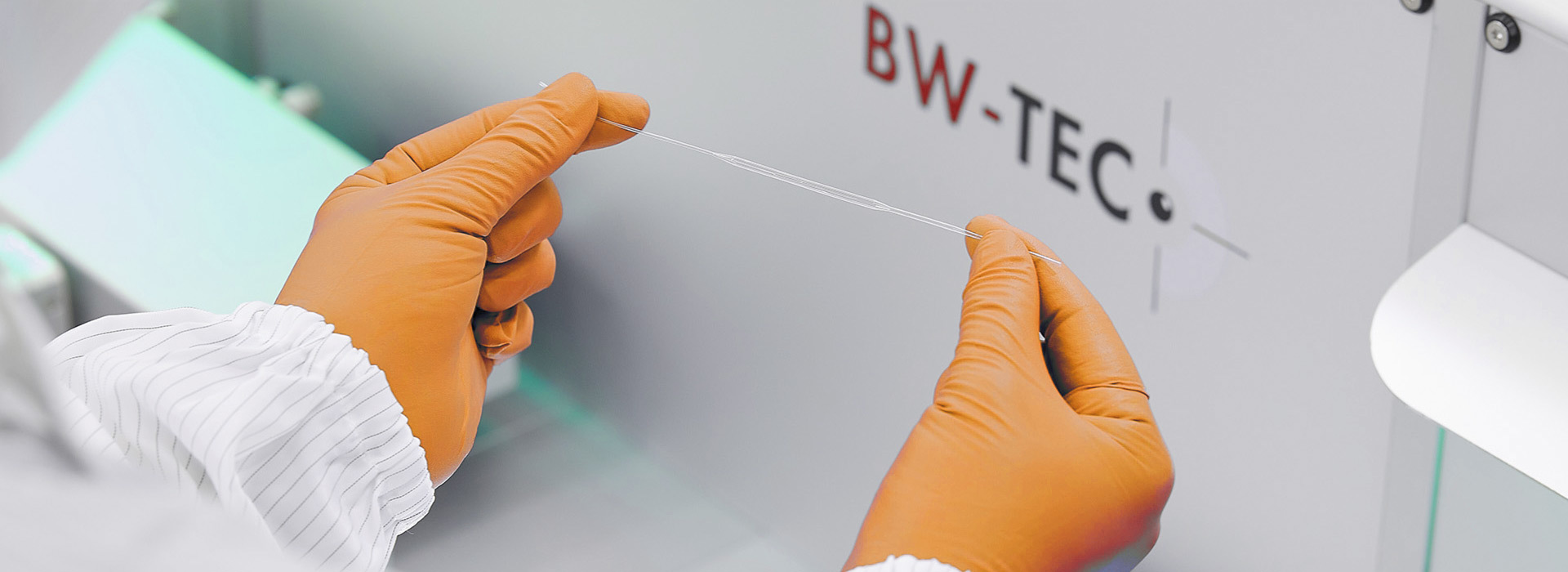Molecular enzyme
Enzymes play a crucial role in the polymerase chain reaction (PCR), as they are responsible for catalyzing the synthesis of DNA and ensuring the efficient progress of the reaction. Additionally, the activity of the enzymes directly affects the yield of PCR products; high-efficiency enzymes can increase the yield. Furthermore, enzymes also help control potential contamination during the PCR process. For example, the use of uracil-DNA glycosylase (UDG) can reduce contamination caused by residual PCR products. It can be said that enzymes are an indispensable component of PCR technology, as their function spans the entire PCR reaction process, ensuring the efficiency, specificity, and reliability of PCR technology.



